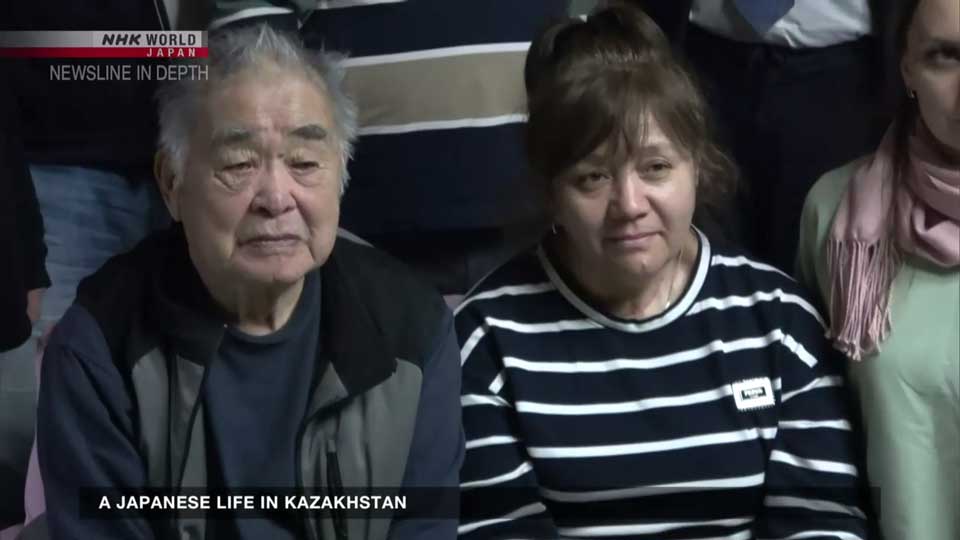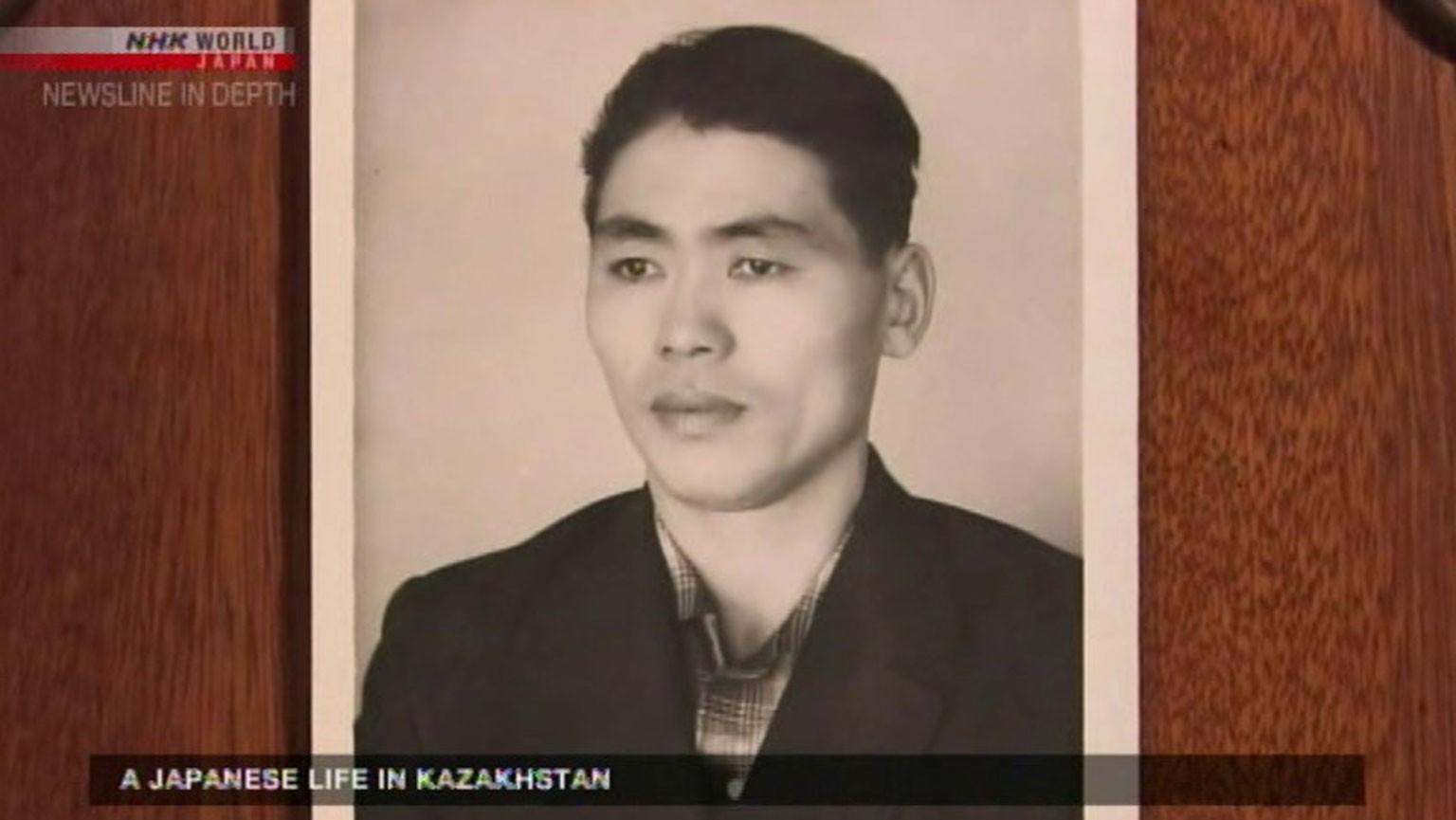Alone far from home
In August 1945, Soviet forces invaded Southern Sakhalin, which was occupied by Japan at the time. In the ensuing chaos, 14-year-old Ahiko was separated from his family, who managed to escape the island.
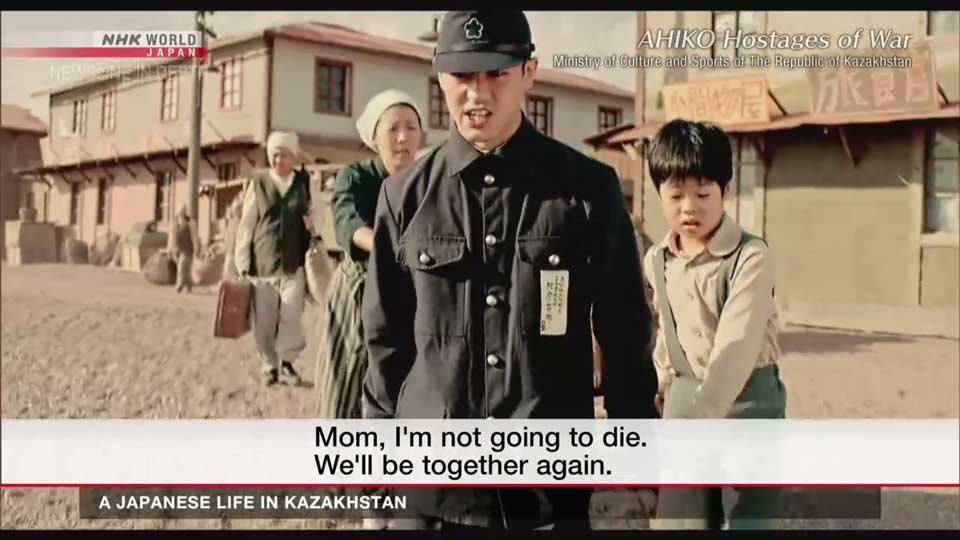
Three years later, Soviet military police arrested Ahiko for a crime he says he didn't commit—spying against the Communist state. They sent him to a concentration camp in an area that's now part of Kazakhstan in Central Asia, where he was forced to work in a copper mine. Despite extreme hardship, he clung to the hope of seeing his family again.
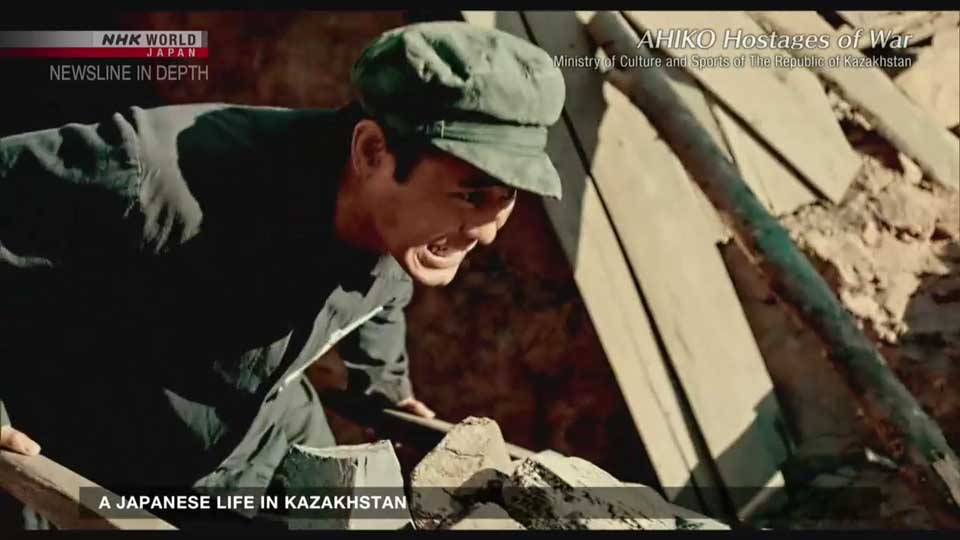
In 1954, Ahiko finally won his release from the camp, but in a cruel irony, he discovered that his status as a Japanese civilian was the very thing that made it impossible for him to go home. The Japanese government's list of people entitled to repatriation was made up exclusively of captured soldiers. Civilians like Ahiko were disregarded—and left behind.
Putting down roots
Stuck in limbo, Ahiko got on with life. He married and had two children, raising them in now independent Kazakhstan. His daughter Irina still lives in the family house in a town called Karaganda.
"When my father arrived at the camp, they took away all his clothes and gave him a pair of thin silk Ukrainian-style trousers," Irina recalls. "It was freezing outside, but he went out barefoot, wearing these pants."
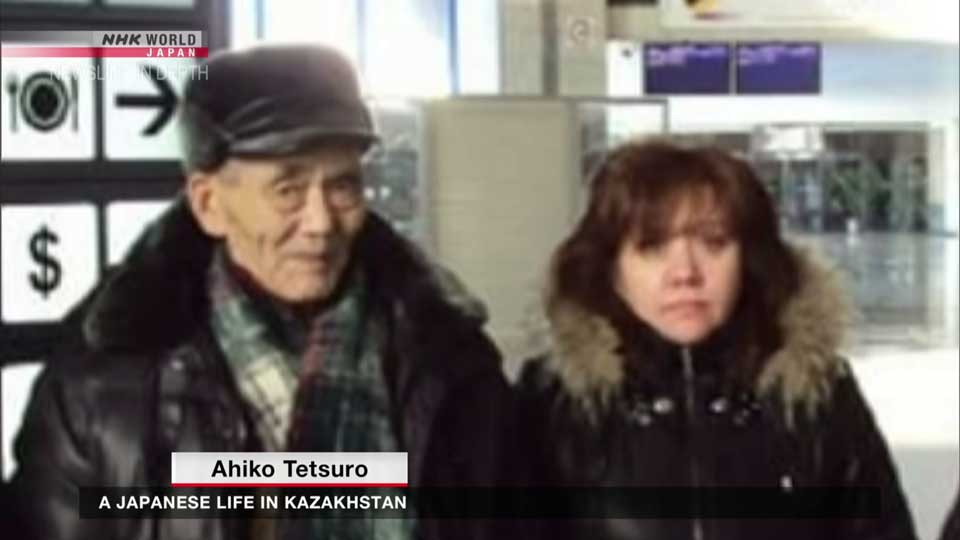
It wasn't until 1994, after the fall of the Soviet Union, that Ahiko finally made it to Japan. Before he died, he visited several more times. "I think my father probably wanted to move back to Japan," Irina says.
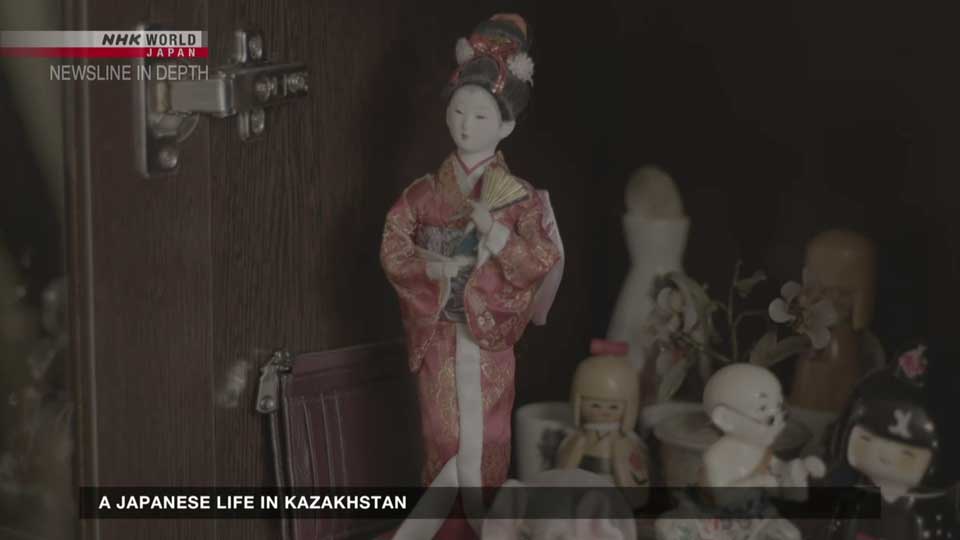
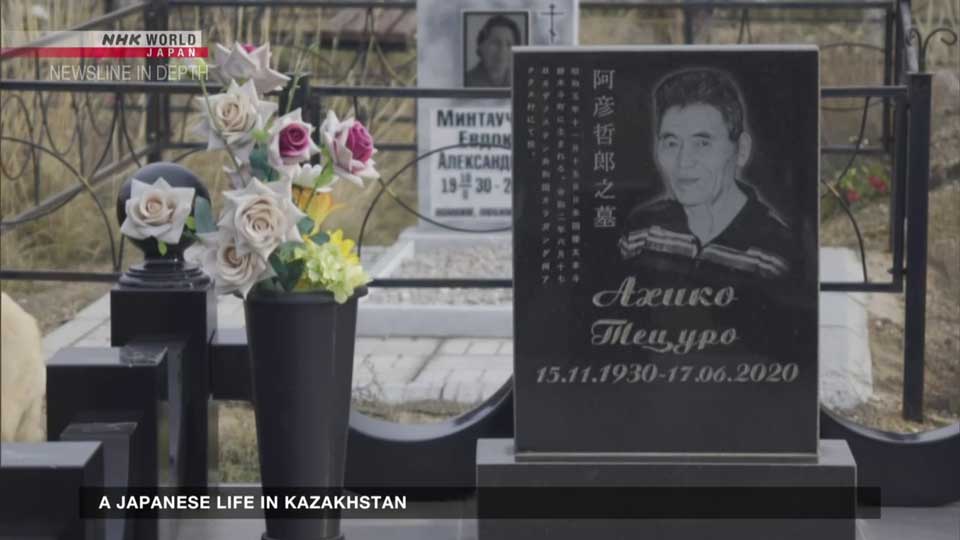
Keeping memories alive
In December, a movie about Ahiko's life—AHIKO Hostages of War— received a cinema release in Japan. While Irina was visiting for the premiere, she made a side trip to the northernmost prefecture Hokkaido, where Ahiko's younger brother Yuzo lives. Irina played him a video of her father in his later years, singing a Japanese song he learned as a child.
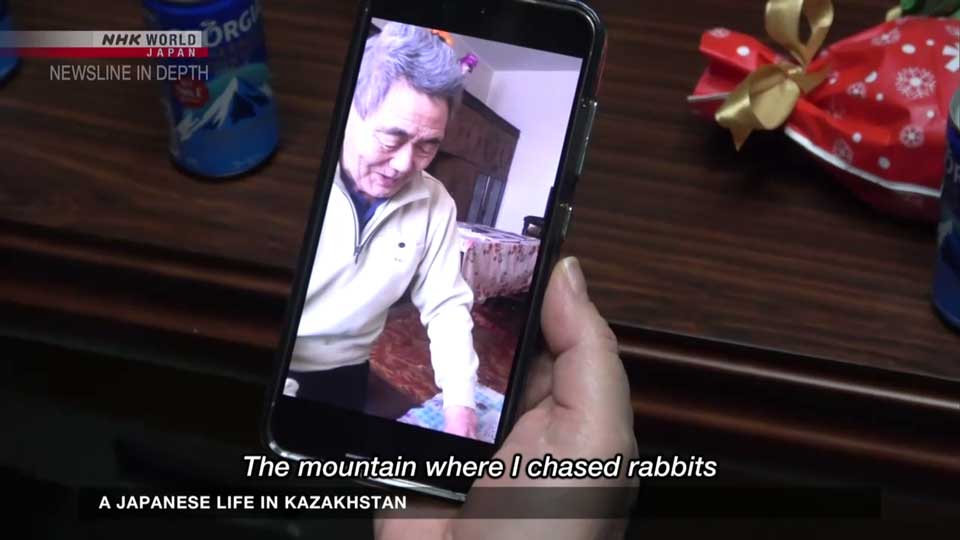
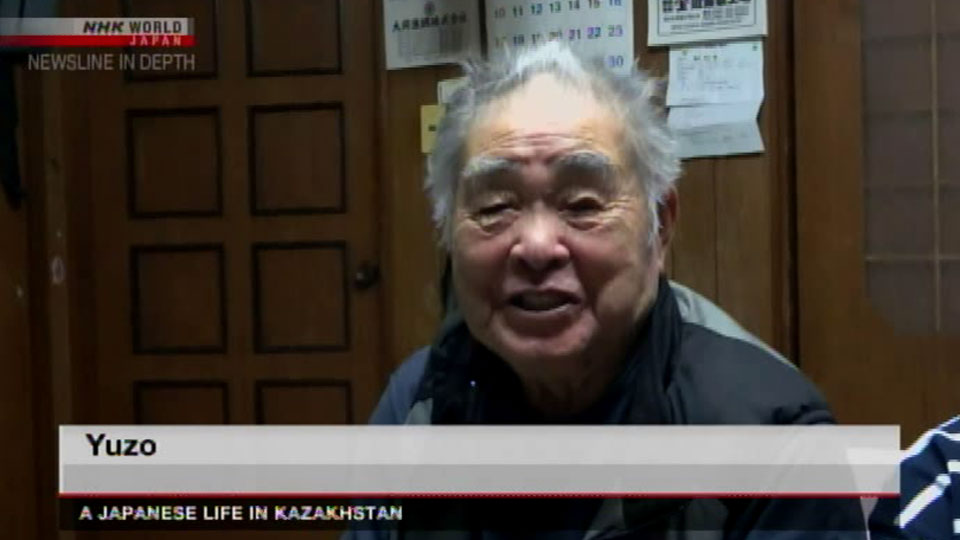
"As he approached the end of his life, my father seemed to be immersed in dreams of his childhood, often remembering his siblings and other relatives," Irina says.
Just as her father held on to these precious memories, she hopes his own memory will now live on, preserved on the screen.
